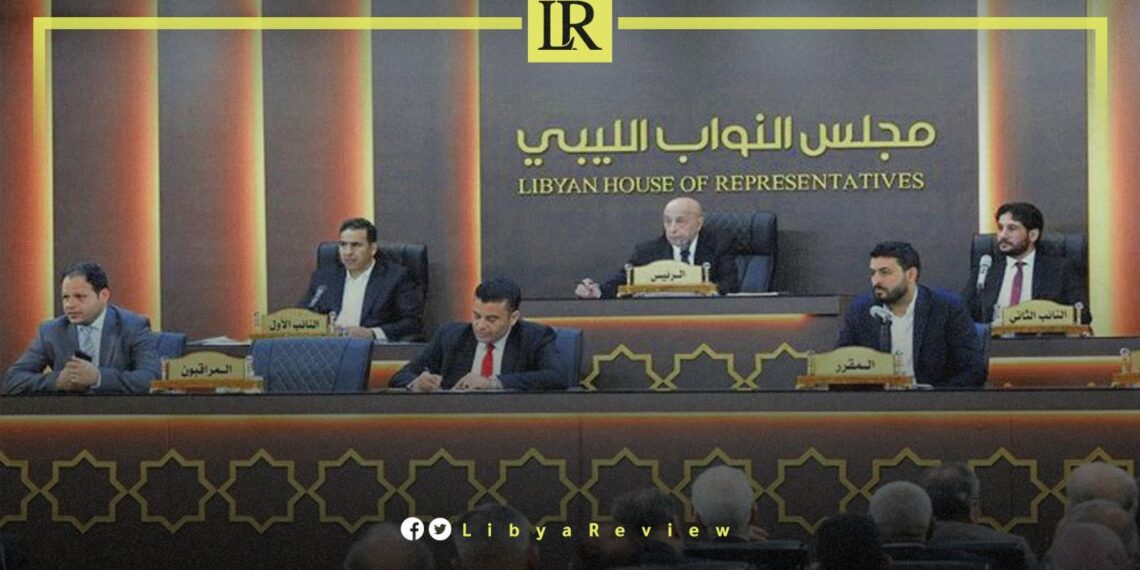The Libyan House of Representatives began a detailed examination on Thursday of the effects of a 27% tax on foreign exchange transactions, assessing its implications for the financial well-being and income of Libyan families.
This review is part of broader government efforts to tackle the nation’s economic challenges, with the tax being implemented to reduce fiscal imbalances and promote economic reform.
Chaired by Misbah Douma, the Deputy Speaker of the Parliament, the deliberations have incorporated perspectives from economic and financial experts. The parliamentary committee reviewing the tax features prominent members such as Badr Al-Nahib and Zayed Hadia.
Prompted by Decision No. 3 of 2024 from the House of Representatives, the committee has swiftly established an investigative framework, reflecting the urgency of addressing public concerns regarding the tax’s effects on living costs and the broader economy. The committee is set to continue its inquiry at a scheduled meeting on Thursday evening.
Libya’s ongoing debate on economic policy unfolds against a backdrop of persistent instability and financial difficulties since the 2011 uprising. The division of the country into rival administrations has exacerbated economic issues, including currency devaluation, inflation, and a liquidity crisis.


